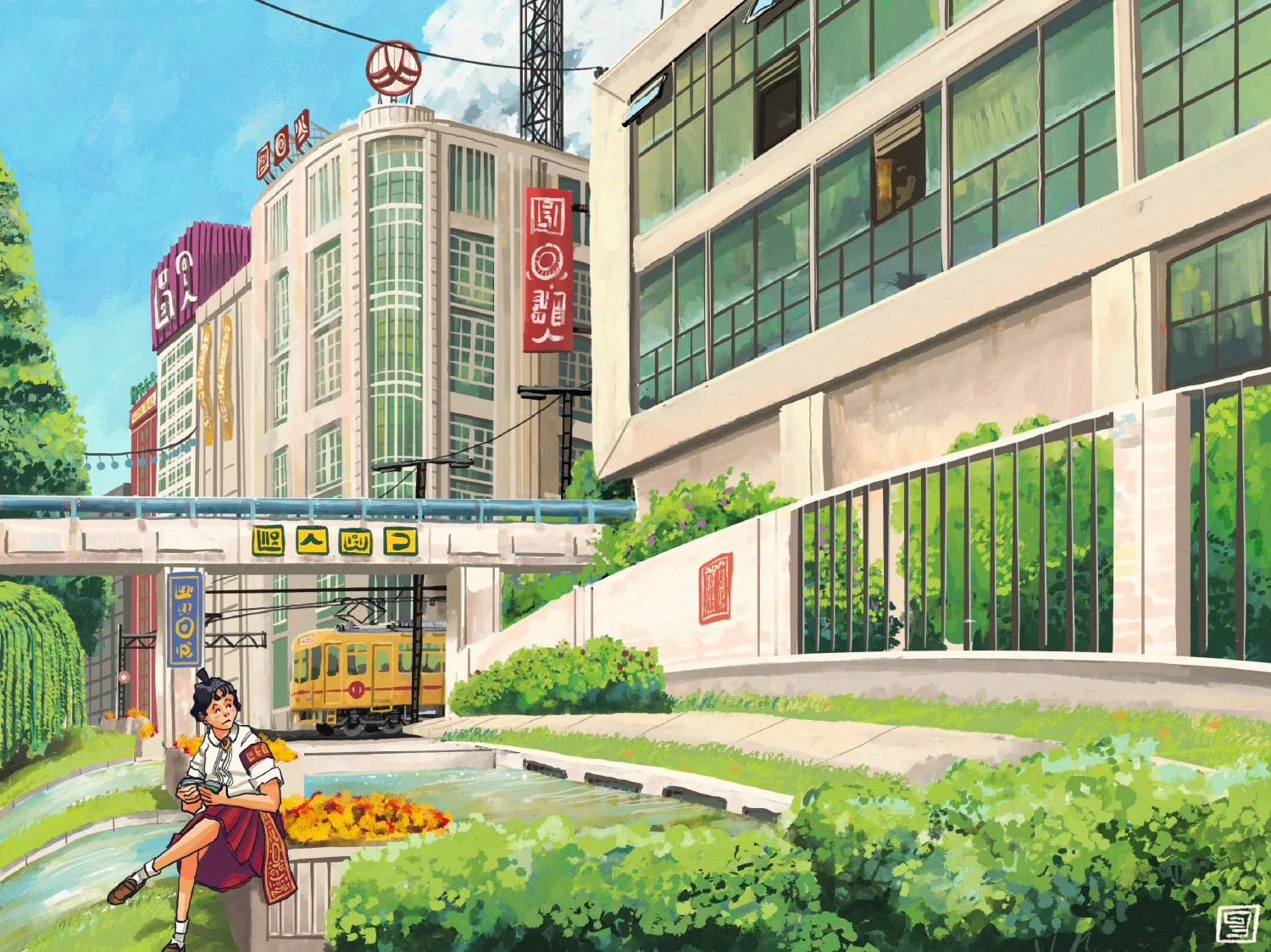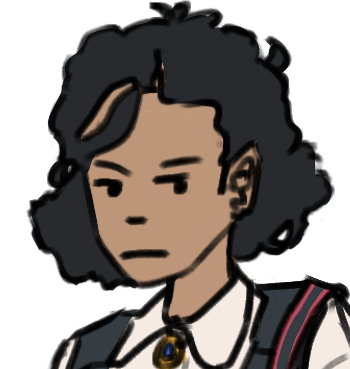NEW Story: Sunday Morning
Montre, City of Learning

This article is not part of Vekllei canon. It may be old, obsolete or just a bit of fun.
The Montre Prefecture of the Vekllei city-state is among the most learned urban landscapes in the world. In the days of the monarchy, it had been an unremarkable city, home to the empire’s submarine fleet. It was obliterated by bombs in the war, and the “new Montre” that has blossomed in its place is nourished by its ashes.
Among the most prolific creatures in Vekllei’s academic elite, including prestigious folk like physicist Thomas Weihennet and Chief Engineer of General Reactor Maya Ou, almost all of them were educated in Montre. It is home to Vekllei National University, and also to the more bohemian Montre School of Economics.
It isn’t the ivy or sandstone that makes Montre remarkable, however. Montre’s status at the forefront of learning is found amidst the dozens of small unorthodox, nonconformist, radical and avant-garde schools that have proliferated in Petticoat Society. Any chump can wiggle his way into Vekllei National University — but only twelve students a year can study under renowned architect Urian Reddennen, who teaches “Sick Newda” architectural ideology to talented young architects as young as fourteen.
Tzipora herself has a brief encounter with the uoismendainda, or “underground schools”. While working anonymously as central mailer of Kid Comix, an underground APA (amateur press association, a sort of decentralised magazine created and possessed only by contributors), she made contact with Sgt. Salt, AKA cartoonist Darren Heidoismen. It was only years later that he discovered that editor “Squick” was Tzipora Desmoisnes — none other than Vekllei’s first Gregori Baby. After meeting her in Montre-Lola, her quiet provincial lifestyle in stark contrast with his fame as a comics author, she agreed to work for him at his studio in Montre, mostly as a colourist for serialised strips.
Her apprenticeship only lasted six months, and she wouldn’t return to comics after her stint in the biz, but she kept in close contact with both Heidoismen and her own roots in the underground comix scene.
It is in these schools, taught by auteurs against curriculums of fancy, that much of Vekllei’s cultural fabric is woven today. It is not particularly sentimental — in fact, it is ruthlessly modern, facing deindustrialisation as the liberation of artist and worker alike. Uoismendainda are the spirit of Vekllei’s postwar resurgence, and their concentration in Montre makes the prefecture a clear choice for youth looking for answers in the world.
